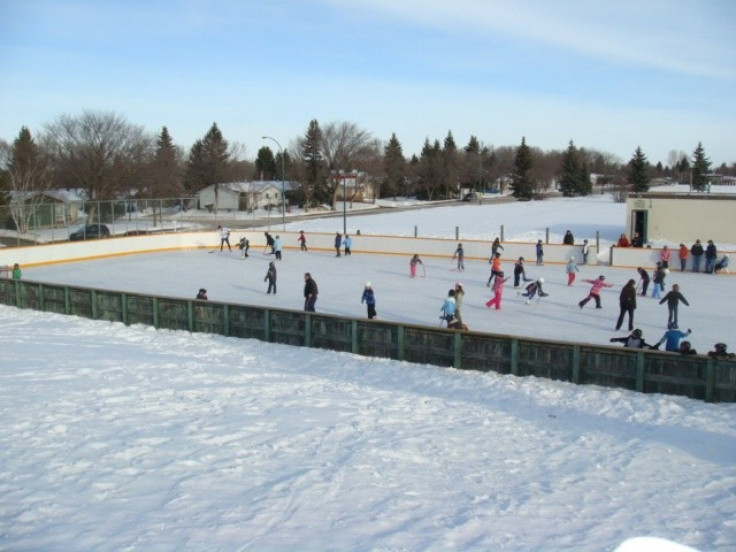Shrinking Outdoor Ice Hockey Season Reflects Global Warming, Study

Outdoor ice hockey - long a staple of growing up in Canada - is shrinking in season length thanks to global warming, researchers said Monday.
Warming hit the Prairie regions and southwestern Canada the most, and the researchers predicted that within a decade, outdoor hockey rinks will disappear from British Columbia and southern Alberta.
Already, outdoor ice rinks have seen the impact of global warming. Warmer temperatures were to blame for the early closure of the world's longest skating rink, the Rideau Canal in the nation's capital Ottawa.
Environmental researchers from McGill University and Concordia University in Montreal, Canada examined 142 meteorological stations from the 1950s to current day and found that the majority of stations showed a significant decrease in the skating season length.
In only a few cases did the season length increase, researchers found.
It is hard to imagine a Canada without outdoor hockey, but I really worry that this will be a casualty of our continuing to ignore the climate problem and obstruct international efforts to decrease greenhouse gas emissions, Damon Matthews, environmental professor at Concordia University, said in a statement. Matthews was an author of the report and also contributed to the Fourth Assessment Report of the Intergovernmental Panel on Climate Change, a panel that shared the 2007 Nobel Peace Prize with Al Gore.
The researchers defined the beginning of the outdoor ice hockey season when temperatures don't exceed -5 degrees Celsius (23 degrees Fahrenheit) for three days in a row to allow the ice to set. The researchers found that since 1950, average winter temperatures in Canada increased over 2.5 degrees Celsius (4.5 degrees Fahrenheit).
The journal Environmental Research Letters published the report Monday.
© Copyright IBTimes 2024. All rights reserved.











